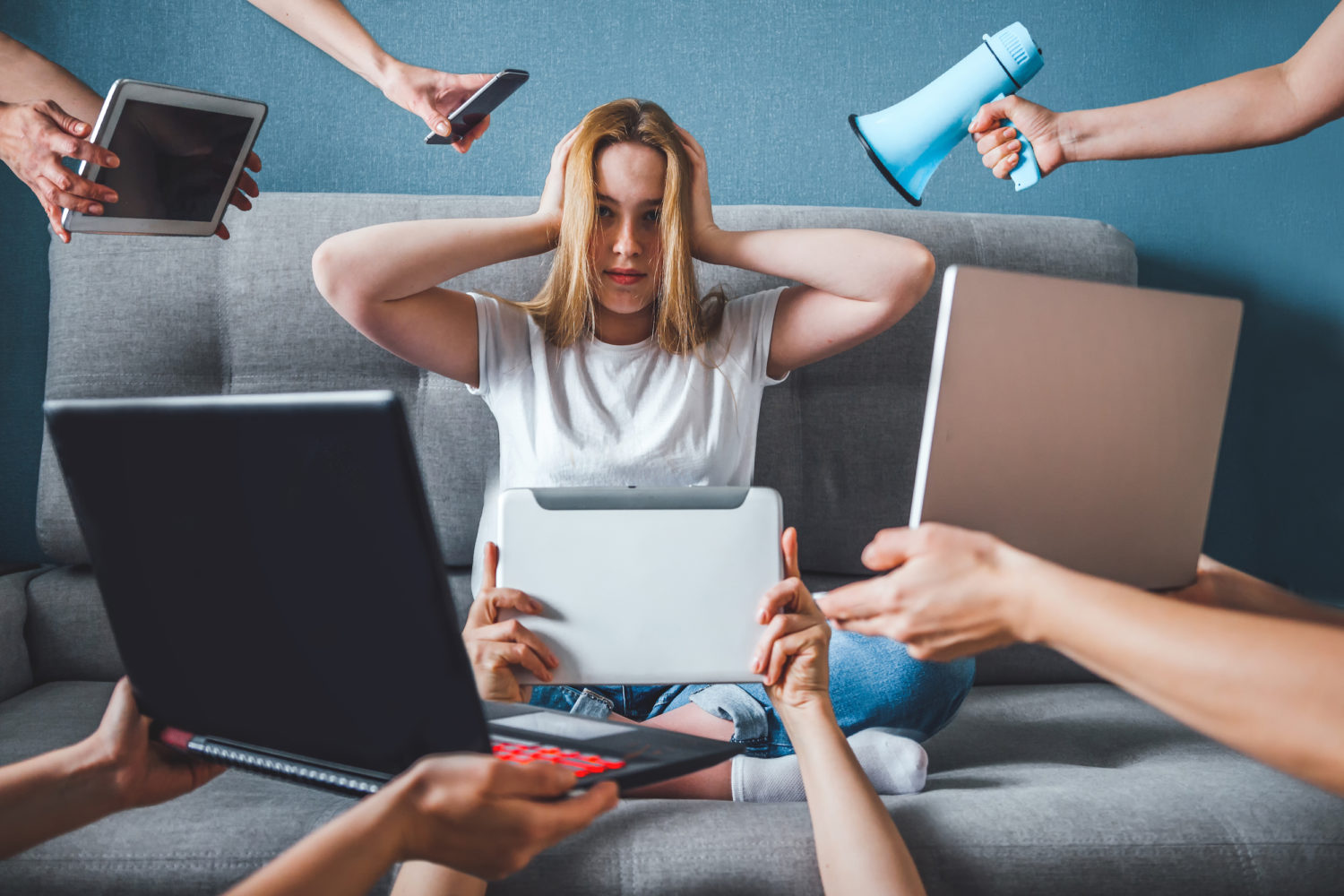
Ever wondered why your social media feeds are suddenly flooded with posts urging you to double-check the news you share? Or why teachers and professors emphasize the importance of cross-verifying your sources? Well, there's a whole day dedicated to the art and science of fact-checking, known as International Fact-Checking Day, celebrated on April 2nd. Yes, you read that right! A day set aside to promote truth and accuracy in reporting. In a world brimming with misinformation, this day serves as a critical reminder of the role each of us plays in combating fake news. So, how did this day come about, and why should you mark it on your calendar? Let's dive into the facts and uncover the significance behind International Fact-Checking Day.
Key Takeaways:
- International Fact-Checking Day, on April 2nd, promotes truth and accuracy globally, encouraging people to verify information before sharing it to combat misinformation.
- Fact-Checking Day raises awareness about the importance of truth, equips people with fact-checking tools, and emphasizes the global responsibility to prevent the spread of falsehoods.
What is International Fact-Checking Day?
International Fact-Checking Day, celebrated on April 2nd, is a day dedicated to promoting accuracy and debunking misinformation across the globe. This initiative encourages people to verify the information before sharing it, fostering a culture of truth and reliability in media and everyday conversations.
Why April 2nd?
- April 2nd was chosen for International Fact-Checking Day to follow April Fool's Day, a day known for pranks and spreading of false stories. This timing serves as a reminder that, while falsehoods may be spread in jest one day, verifying facts remains crucial every other day.
The Goals of International Fact-Checking Day
- The primary goal is to raise awareness about the importance of truth in public discourse and the role of fact-checking in combating misinformation.
- It also aims to equip people with the tools they need to fact-check information themselves, promoting critical thinking and skepticism towards unverified news.
How People Participate
- Individuals and organizations participate by hosting workshops, panel discussions, and educational events focused on the techniques and importance of fact-checking.
- Many also engage in online campaigns, sharing tips and resources on how to identify and debunk false information.
The Impact of Misinformation
- Misinformation can have serious consequences, from influencing elections to endangering public health. International Fact-Checking Day emphasizes the collective responsibility to prevent the spread of falsehoods.
Fact-Checking Organizations
- Numerous organizations around the world, such as Snopes, FactCheck.org, and PolitiFact, dedicate themselves to verifying claims and educating the public about the facts. These groups play a pivotal role in the observance of International Fact-Checking Day.
The Role of Social Media
- Social media platforms are often criticized for the rapid spread of misinformation. On International Fact-Checking Day, many of these platforms partner with fact-checking organizations to highlight accurate information and combat fake news.
Educational Resources
- A variety of resources become available, including guides on how to fact-check, lists of reliable sources, and strategies for critical thinking. These tools are designed to help individuals discern truth from fiction in the information they encounter daily.
Global Participation
- Participation in International Fact-Checking Day is not limited to any one country; it's a global initiative. Countries around the world recognize the day, reflecting the universal importance of factual accuracy.
The Future of Fact-Checking
- As technology evolves, so do the methods of spreading and debunking misinformation. International Fact-Checking Day not only celebrates current efforts but also looks forward to innovations in fact-checking that will continue to uphold the truth in years to come.
A Final Nod to Truth-Seeking
Embracing the essence of International Fact-Checking Day isn't just about marking a date on your calendar. It's a call to action, urging everyone to cultivate a mindset that values truth, questions misinformation, and seeks reliable sources. This day serves as a reminder that in an age overflowing with information, the responsibility to discern fact from fiction rests on each of our shoulders. Let's take this opportunity to sharpen our critical thinking skills, promote transparency, and foster a community that prioritizes accuracy over sensationalism. Remember, every effort to verify information contributes to a more informed and empowered society. So, let's pledge to keep the spirit of fact-checking alive every day, making every click, share, and like a testament to our commitment to truth.
Frequently Asked Questions
Was this page helpful?
Our commitment to delivering trustworthy and engaging content is at the heart of what we do. Each fact on our site is contributed by real users like you, bringing a wealth of diverse insights and information. To ensure the highest standards of accuracy and reliability, our dedicated editors meticulously review each submission. This process guarantees that the facts we share are not only fascinating but also credible. Trust in our commitment to quality and authenticity as you explore and learn with us.
